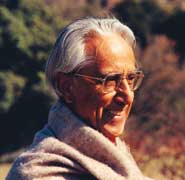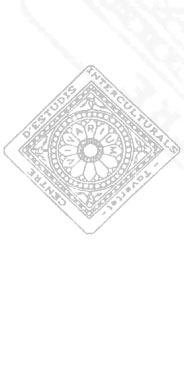




Concept
“The objects of thought are a cultural invariant. All humankind thinks, and to think is to think something. This something is the objectum of thinking, that thing which the thinking activity projects, throws out in front of itself by virtue of the stimulus it has received. The concept, on the other hand, is no such universal invariant” (“Religión, Filosofía y Cultura”, 'Ilu revista de ciencias de las religiones, Madrid 1996).
A notion is an idea that we have of something; a concept is a way of elaborating this notion. Notions, however, may be elaborated either in concepts or in symbols. “The concept has been identified in the West with the intelligibility of a thing: hence if philosophy wants to know what things are it must perforce operate with concepts. The concept has come to be the sole instrument of philosophy” (“Religión, Filosofía y Cultura”). The Panikkarian notion of homeomorphic equivalents (cf. later discussion), a fundamental creation with a view to interculturality, wants to show how this imperialism of concepts is not the sole option. He therefore searches other cultures as much for possible notions equivalent to philosophy as for those symbols that express homeomorphic equivalents.
Panikkar reminds us that the concept, possibly an ingenious invention of Socrates has been converted into “the best instrument of Western philosophy”. Hegel would later say that it is the mediator par excellence between being and becoming, “not merely an instrument but the soul, so to speak, of the things themselves”. It is necessary, however, to be more precise. The concept is “a universal in the technical sense of the word, it is an abstraction of the mind that captures or attempts to capture the quidity of the thing, be it called essence, substance, representation, idea, or whatever.” But the concept is not “a cultural universal". This is the fundamental point of interest to Panikkar: not all cultures operate with concepts. There are homeomorphic equivalents to philosophy which do not operate with concepts. Panikkar is not referring to what Western thought calls pre-logical and/or pre-conceptual elements, but rather to “systems of thought as elaborate as a good part of Indic philosophy". Thus, there is a human philosophic activity that operates with symbols not concepts. “There are many kinds of intelligibility and even of being conscious of and actively participating in reality. This is the intercultural challenge.”
official site